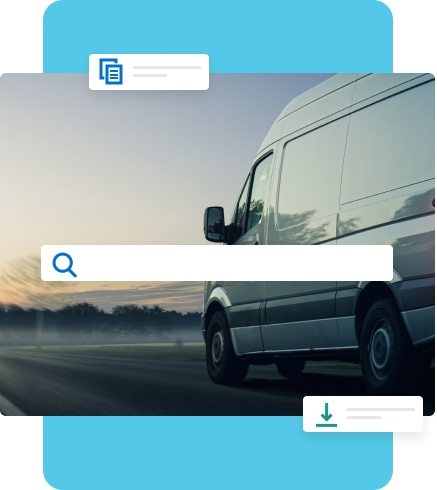On a scale of 0 to 10, with 10 being the highest, how likely are you to recommend us to a friend or family member? – The NPS Question
Almost every company sends us these survey questions as they try to gauge our behaviors and attitudes as customers. All in the name of determining Net Promoter Score. The Net Promoter Score (NPS) was first created by Bain & Company to help companies measure and evaluate customer loyalty. Fred Reichheld, a partner at Bain & Company, created this new way of measuring how well an organization treated the people whose lives it affected.
How NPS Works
It’s simple. You send a quick, one question survey to your customers that asks them: “How likely are you to recommend Company X to a friend or colleague?” The question has a 1-10 rating scale for respondents to answer, with 10 being extremely likely to recommend and 0 being not at all likely.
Falling short on meeting customer expectations? Learn how Glympse can help.

How to Calculate NPS
NPS can help you identify areas where you’re excelling, as well as weak or troublesome customer experiences that need improving. The score a customer provides will fall into three groups.
- Promoters: Loyal customers who will keep buying from your company and who will urge friends to do the same (scores of 9 and 10)
- Passives: Satisfied but unenthusiastic customers who can be easily wooed by your competition, and who are not likely to recommend your companies to others (scores of 7 and 8)
- Detractors: Unhappy customers who may be ‘at risk’ and who spread the majority of the bad word of mouth (scores 6 and below)
To determine your official NPS score, take the percentage of promoters (nines and tens) and subtract the percentage of detractors (sixes and lower). That final percentage is your NPS.
NPS, Expert Level
To be fair, one inherent weakness of NPS as a measurement is that it is based on customer feedback at a point in time. Which means, a customer’s most recent interaction with your company – not the overall experience – is most likely to impact their opinion of you. Context is critical. One way to overcome this challenge is to ensure you ask that simple question immediately after a successful engagement.
How likely are you to recommend Company X to a friend or colleague?”
A stellar experience followed immediately by this question will reinforce the positive experience and create a substantial memory customers are ultimately more likely to draw on when making recommendations. If a customer has a poor experience, immediate follow up signals that you care and that you are willing to help correct that poor experience quickly. This reduces the risk that a simple and often even an understandable customer experience mishap will fester into resentment and detraction if left unaddressed.
At Glympse, we work with Fortune 1000 customers who measure their NPS, and we’re proud to help them increase their scores and grow their business – especially by collecting actionable feedback immediately following home services, food or product deliveries and pickups. We’re proud to have recently helped increase one customer’s NPS by 25 percent over a one-year timeframe!
Learn more about NPS in retail here.
Why is NPS Important?
Promoters account for 80% of referrals in most businesses (Net Promoter System, 2013), and they generally defect at lower rates than other customers. That means that they have longer, more profitable relationships with a company. And Detractors account for 80% of negative word-of-mouth (Net Promoter System, 2013).
With the importance of customer experience today, the NPS holds companies accountable for the level of service and overall experience delivered. Here at Glympse, we provide the ability for our customers to seamlessly ask their customers that one important question at the most critical time.
Contact us to find out more about how the Glympse platform and tools have helped our customers make better-informed decisions that boost customer satisfaction and build loyal customers.




